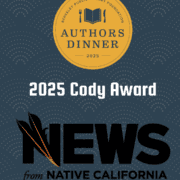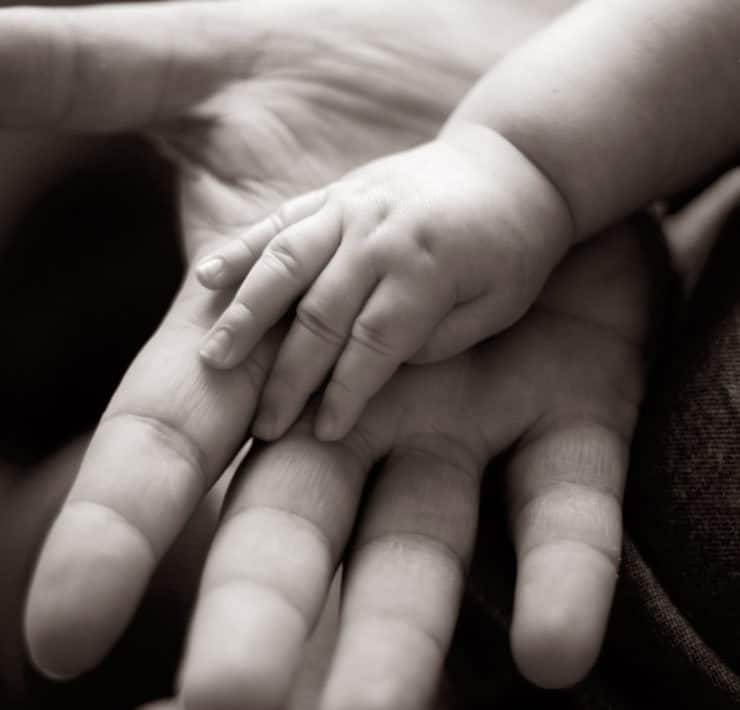
The Brakeen Case
Tribal Sovereignty at Stake
By Terria Smith
This past October 2018, a single judgement was made in Texas which declared the Indian Child Welfare Act (ICWA) as being unconstitutional, a decision that threatens to end a 40-year-old protection for American Indian families.
Under ICWA, tribes were given primary jurisdiction over the removal of American Indian children and their placement in appropriate homes.
But the possible ramifications of this ruling can stretch far beyond the custody rights of American Indian children. They can also possibly adversely impact tribal sovereignty itself.
“The fundamental arguments in the case is what is most devastating,” said Kimberly Cluff, in-house general counsel for the Morongo Band of Mission Indians. “What is being argued by Texas is a fallacy and that is that Indians are just another racial group. What is at stake is what is being contested in the equal protection argument.”
Essentially what is being argued in the case, which is now being heard in the U.S. Court of Appeals for the Fifth Circuit, is that tribal people are no more than an ethnic group, and tribes are not sovereign nations. Because of the devastating effect such a ruling could have nationwide, five tribes – including the Cherokee Nation, Oneida Nation, Quinault Indian Nation, Morongo Band of Mission Indians, and the Navajo Nation – intervened in the case. They continue to fight in it now.
“At the core of the democratic government is that it keeps its promise. And the promise that was made to native people is that they were members of tribes and that tribes are recognized as distinct governments,” Cluff said. “The Constitution recognizes tribes as distinct nations.”
Robert Martin, Chairman for the Morongo Band of Mission Indians, said that he shares this sense of urgency. “We’ve got to win this battle. That’s why Morongo got involved when we did, at the beginning.”
Martin explained that if ICWA is deemed unconstitutional, it could start a chain reaction that could undermine tribal sovereignty and other aspects of federal Indian law, leading to weakened tribal courts and risking tribal trust lands being subject to state jurisdiction.
Thus, this ruling must face strong opposition from Indian Country, and now Tribes are not alone in their fight. Attorneys general from 21 states (including California Attorney General Xavier Becerra), more than 30 child welfare organizations, 325 tribal governments and 57 tribal organizations released a joint statement urging the U.S. Court of Appeals for the Fifth Circuit to overturn a district court ruling in Texas that “erroneously deemed key provisions of Indian Child Welfare Act (ICWA) as being unconstitutional.” And there is more that can be done.
To support this case, Martin and Cluff said that individuals can contact their legislators. Tribes can advocate as well. Here in California, people can contact Attorney General Xavier Bacerra’s office and express their appreciation for his support in this case.
“Another thing that people can do is to tell their story. If folks can hear the real stories and understand the real human experience. I think that they can change minds and hearts,” Cluff said. “Oral argument is on March 13. So it’s very soon. We are not in a wait and see mode. It’s time for action. If people have a story to tell the legislature, now is the time.”









